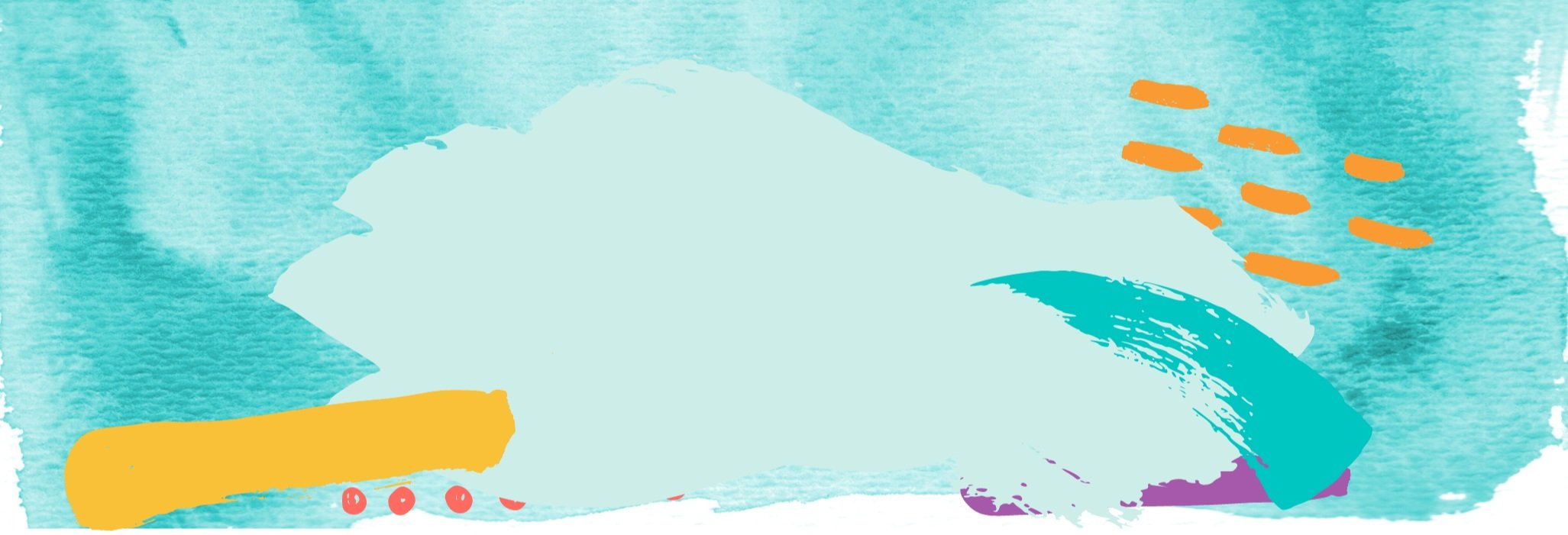
Water is medicine

Why is the sea so good for us?
I think we all have an innate sense that spending time near, on or in water is good for us. We’ve been recommending saltwater therapy to treat various ailments for centuries, and many of choose a coastal setting when we need a break. But we don’t always stop to think about why the water is so good for us, and if we pay more attention, we can harness the benefits of water more frequently in our everyday lives to support our wellbeing instead of waiting until we need a break, or we become unwell.
Without going TOO much into the science (which I gladly will if you ask), these are some of the key reasons why the sea and costal areas support our wellbeing.
Walking in nature has been scientifically proven to improve self-esteem, confidence and mood, and reduces feelings of anger, sadness and tension. When we feel connected to nature, we feel more connected to ourselves.
Sea air – the research is still anecdotal, but it’s widely thought the the negative ions in the sea air help us focus our breathing and improve oxygen flow which has a number of health benefits including more energy and better sleep.
Physical activity – sand absorbs energy from our weight which reduces stress on the joints but it takes extra exertion to keep moving. So, walking on sand is low impact exercise but demanding enough to build strength in our muscles.
Vitamin D – reflections from the water increase our exposure to direct sunlight and therefore UV Rays which help us naturally produce Vitamin D in our skin. Vitamin D is not only good for our bones but also our immune system, digestive system and our mental wellbeing.
Sensory experience – an opportunity to tune into all of our senses. There’s the main five senses:
Sight – the colour blue is calming and looking at waves patterns produces a meditative state
Taste – the salty air
Touch – the feeling of the sand or the water on our feet and other parts of our bodies
Smell – the salt, again, plus seaweed, marine life and perhaps even sunscreen
Sound – the rhythmic rush of the waves, the dragging of the sand, the crunching of shells
And there are three other senses the beach can help with:
Proprioception – our ability to sense movement and our body’s position in the space it's in.
Interoception – this is our internal sense system (movement or sensations within our bodies).
Vestibular – the system responsible for processing formation in relation to balance and eye movements.
Spending intentional time on the beach gives us an opportunity to notice things we don’t usually notice about our bodies which helps us become more of aware of our physical and emotional needs.
Marine issues – spending time near the sea increases our awareness of marine issues and how water connects us all which encourages us to pay attention to preserving natural environments. So not only are you benefiting health-wise, you’re also part of a ripple effect in protecting our beautiful planet.
If you’re not already familiar with Wallace J Nicholls’ work on Blue Mind, I highly recommend a look.
